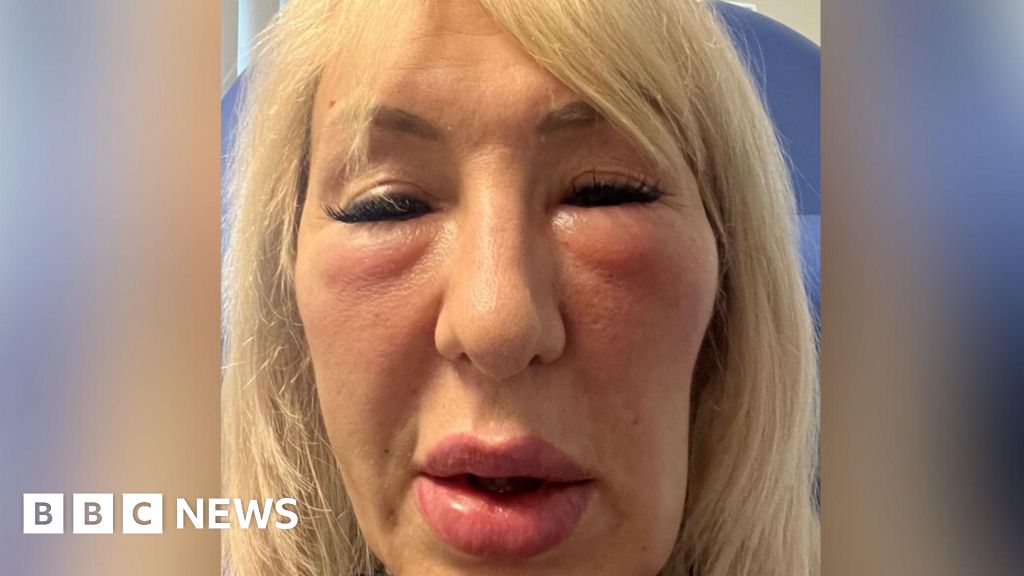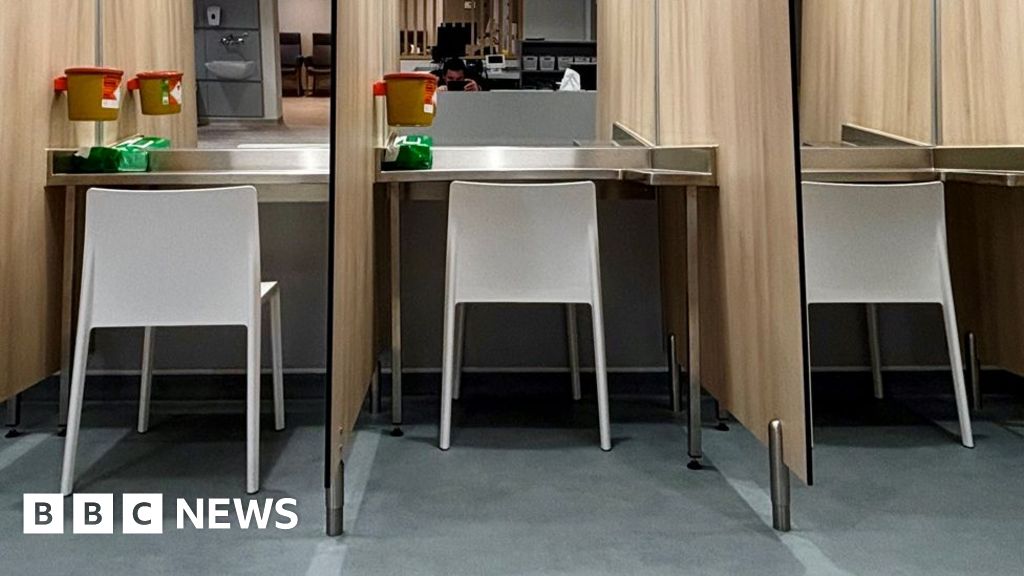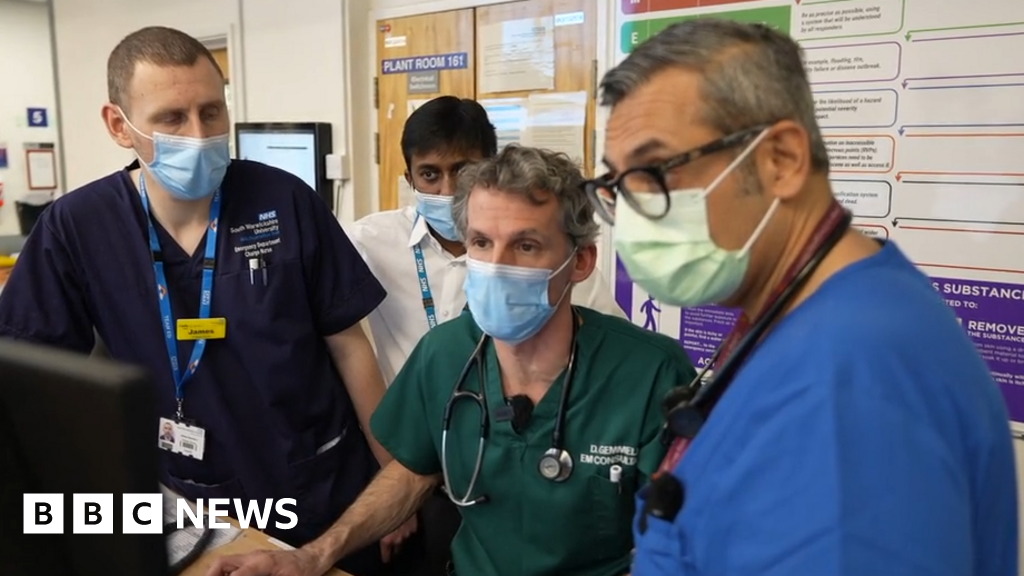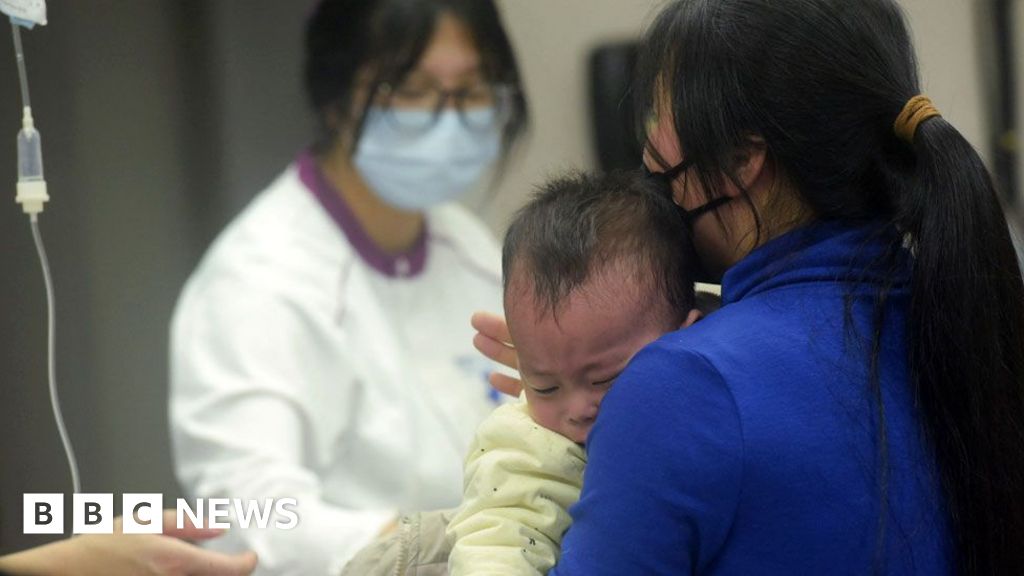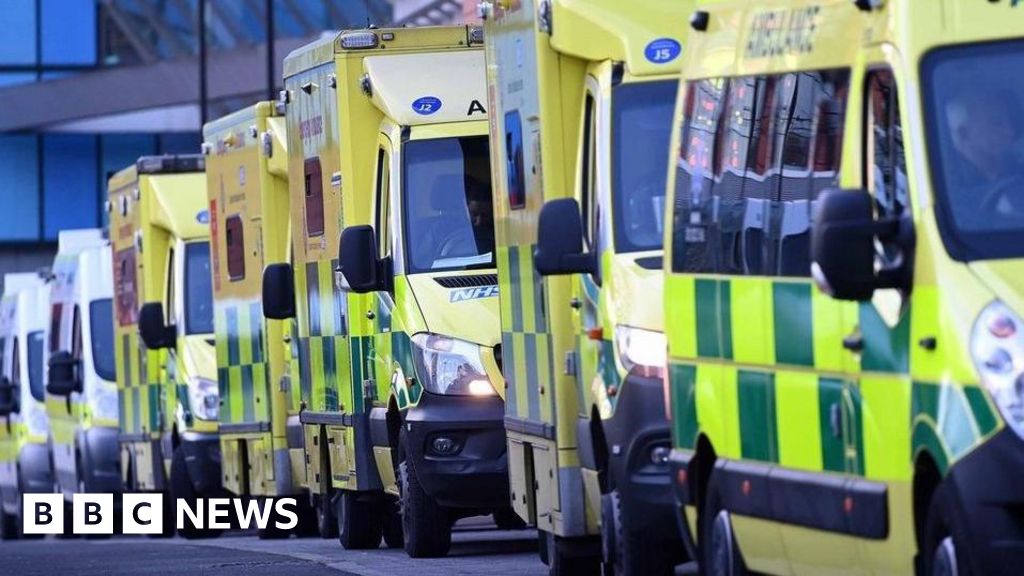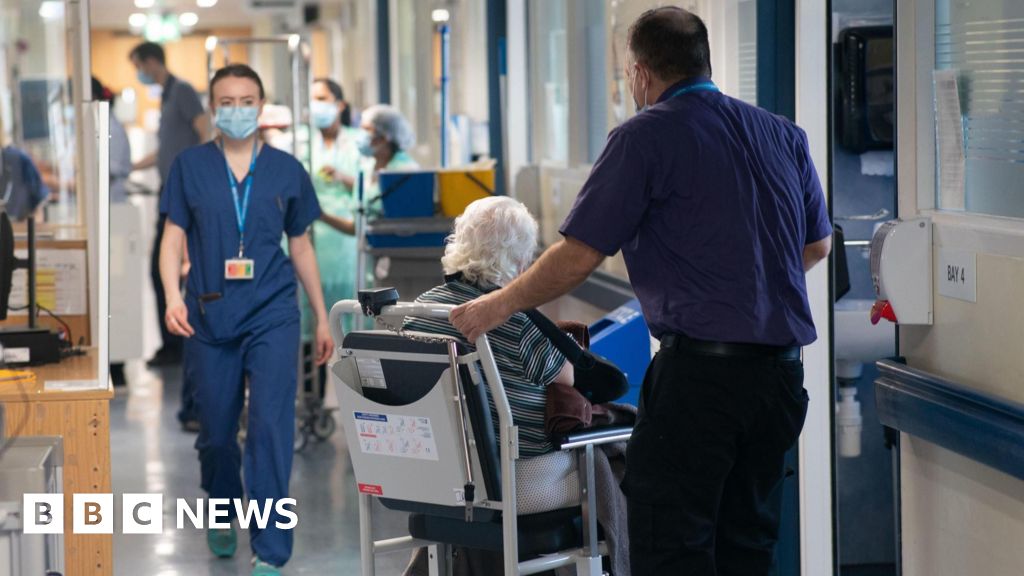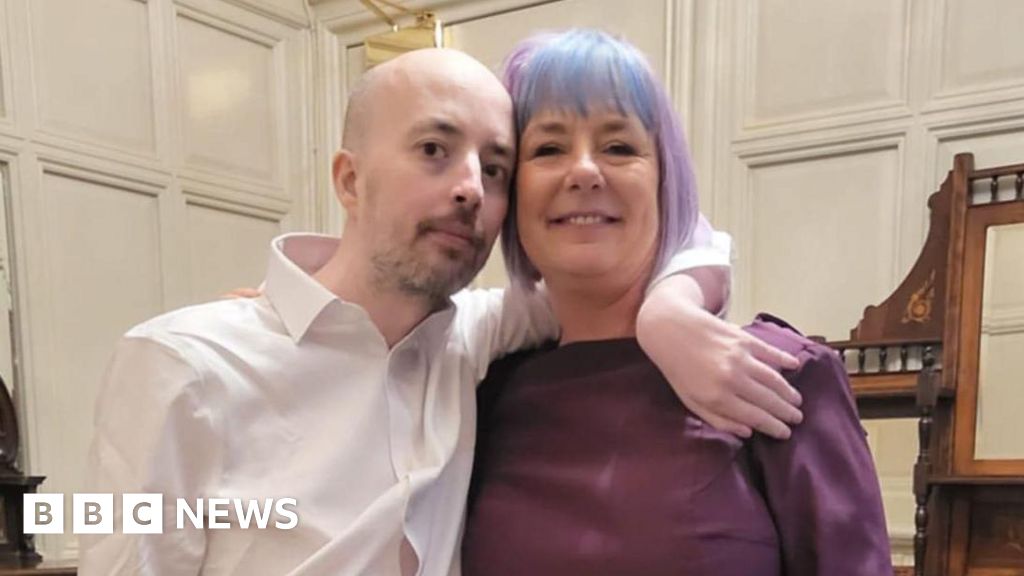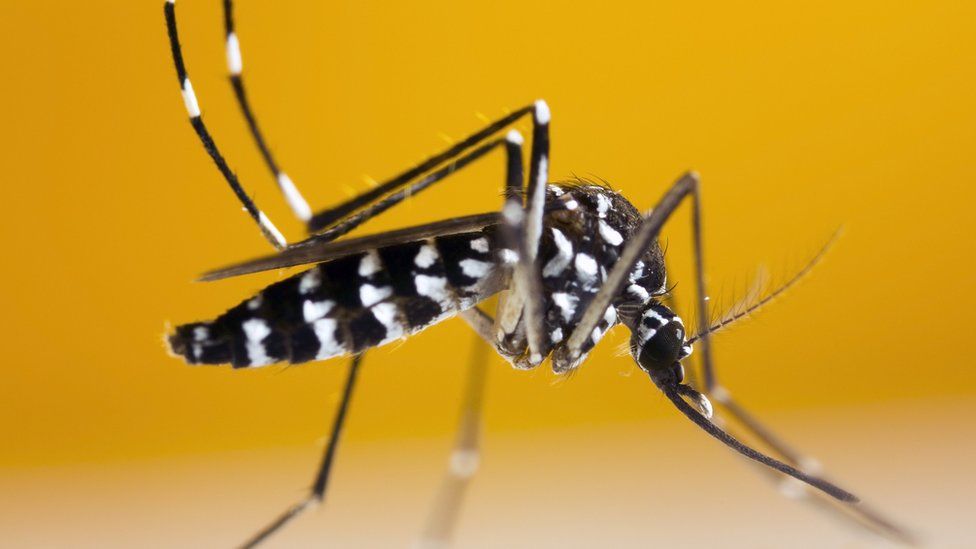 Image source, Getty Images
Image source, Getty Images
By Smitha Mundasad
Health reporter
Parts of the UK could become home to mosquitoes capable of spreading dengue fever, chikungunya and zika virus by the 2040s and 2050s, health officials warn.
The UK Health Security Agency's report is based on a worst-case scenario, which would see high emissions and temperatures rising by 4C by 2100.
It says other effects include a rise in heat-related deaths and flooding.
But many potential problems are still avoidable with swift action, it says.
Steep cuts to greenhouse gas emissions could avert some of the worst consequences, it adds.
The report, involving 90 experts, pulls together the "substantial and growing" evidence of the current effects of climate change on our health.
It also makes projections based on what it says is a "plausible worst-case scenario" that could happen if international commitments to tackle climate change are not properly kept.
Current United Nations Environment Programme estimates suggest the world is on track for about a 2.7C warming by 2100, based on current pledges, although the exact numbers are uncertain.
Prof Nigel Arnell, professor of climate change at the University of Reading, says: "Whilst we clearly hope temperatures won't get that far, it is prudent to prepare for the worst case when planning health resources, if the consequences of us underestimating the risk are so significant."
One major health concern is the UK becoming more suitable for invasive species such as the Asian tiger mosquito, also known as Aedes albopictus.
While the mosquito only carries harmful viruses after biting infected people, London could see regular cases of dengue fever by 2060, the report says.
The virus is most commonly seen in tropical regions and can make people seriously ill.
England would be the first country in the UK to be affected, with Wales, Northern Ireland and parts of the Scottish Lowlands also becoming suitable habitats later in the century.
The mosquitoes have already been responsible for cases of dengue in France and chikungunya virus in Italy in recent years.
Image source, Getty Images
The UK Health Security Agency (UKHSA) already has a surveillance system in place to rapidly spot invasive mosquitoes, including a network of traps placed at UK borders that detect mosquito eggs.
This would need to be expanded in the worst-case scenario, says Dr Jolyon Medlock, from the UKHSA..
If the insects go on to establish a home in the UK, people would also need to consider how to store water safely, as it is a common breeding ground for mosquitoes.
This would mean making sure buckets are not collecting stagnant water in gardens, paddling pools being covered and any potential rain-collecting vessels being upturned, he added.
Slower and reduced warming is likely to delay these risks by decades or beyond this century - but once these mosquitoes have arrived, their establishment is largely irreversible, the report says.
Under the high-warming scenario and without action, it says there could be:
- up to 10,000 excess deaths a year due to extreme heat by the 2050s
- substantial number of deaths related to the cold, particularly for an ageing population
- effects on the price and supply of fruit and vegetables due to extreme weather events in countries the UK relies on for imports
- changing rainfall patterns increasing the risk of flooding
- big impacts on mental health and wellbeing of young people in particular
Experts also warn the impact of climate change will be unequal, with the worst effects felt by vulnerable people, including older people, those with medical conditions or living in deprived areas and children.
Some risks, such as drought and wildfires, will likely emerge earliest in the southern regions of the UK.
Image source, Getty Images
UKHSA says targeted interventions and adaptations are key and many of the risks can be averted.
It says actions that may help include:
- national heat and cold alert systems like UKHSA ones already in place
- increasing green spaces appropriately and improving flood defences
- putting protection in place for the most vulnerable, for example - improving energy efficiency in care homes
Related Internet Links
The BBC is not responsible for the content of external sites.
 (1).png)
 1 year ago
13
1 year ago
13

